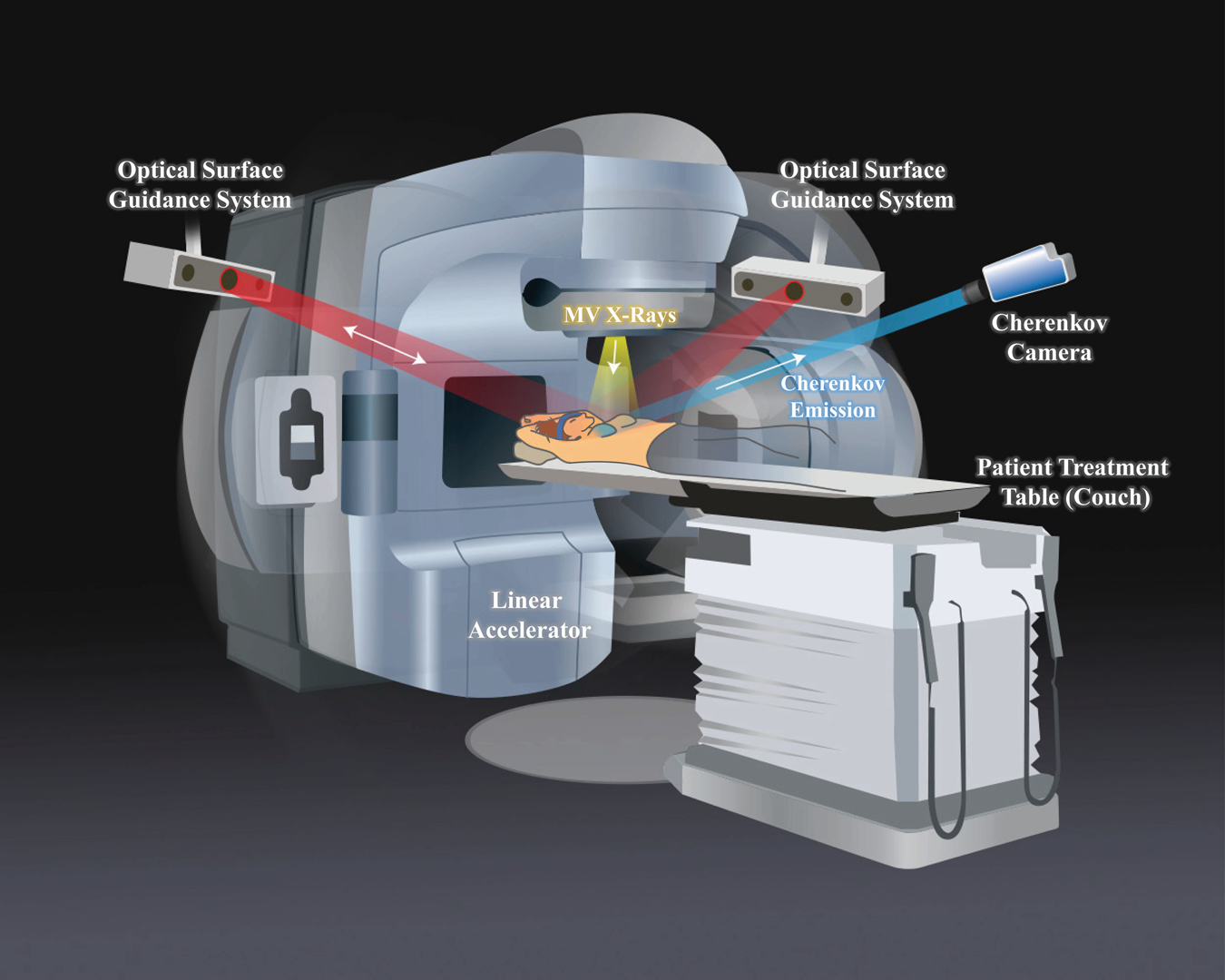Understanding Radiation Oncology: Cancer Treatment with Precision
Delving into the Principles, Techniques, and Advancements of Radiation Therapy
Radiation oncology is an essential discipline within the field of oncology that utilizes the precise delivery of radiation to treat cancer. It has emerged as a highly effective and targeted approach, helping to improve patient outcomes and enhance quality of life. By understanding the principles, techniques, and advancements in radiation therapy, we can gain insight into the power of this medical specialty.
Principles of Radiation Oncology: Radiation therapy operates on the principle that radiation damages the DNA of cancer cells, impeding their ability to proliferate and survive. This non-invasive treatment modality uses ionizing radiation, such as X-rays or gamma rays, to target tumors while minimizing damage to surrounding healthy tissues. Oncologists carefully plan the treatment, considering the tumor's location, size, and type, as well as the patient's overall health.
 Techniques in Radiation Therapy: Radiation therapy employs various techniques to deliver radiation precisely to cancerous cells. External beam radiation therapy is the most common technique, which involves directing radiation from an external machine towards the tumor site. Intensity-modulated radiation therapy (IMRT) and stereotactic body radiation therapy (SBRT) are advanced techniques that shape the radiation beam to match the tumor's contours more accurately, maximizing tumor destruction while sparing healthy tissues.
Techniques in Radiation Therapy: Radiation therapy employs various techniques to deliver radiation precisely to cancerous cells. External beam radiation therapy is the most common technique, which involves directing radiation from an external machine towards the tumor site. Intensity-modulated radiation therapy (IMRT) and stereotactic body radiation therapy (SBRT) are advanced techniques that shape the radiation beam to match the tumor's contours more accurately, maximizing tumor destruction while sparing healthy tissues.
Another technique, brachytherapy, involves placing radioactive sources inside or near the tumor. This approach ensures a high dose of radiation is delivered directly to the cancer cells while minimizing exposure to healthy tissues. Brachytherapy is particularly effective for treating gynecological, prostate, and certain head and neck cancers.
Advancements in Radiation Oncology: The field of radiation oncology continues to advance, driven by ongoing research and technological innovations. Image-guided radiation therapy (IGRT) integrates imaging technology, such as CT scans or MRI, with radiation therapy, allowing real-time visualization and accurate targeting of tumors. This precision ensures optimal treatment delivery, especially when dealing with tumors in complex or sensitive areas.
Proton therapy represents another significant advancement in radiation oncology. Unlike traditional radiation, which uses X-rays, proton therapy employs protons to deliver radiation to tumors. Protons deposit most of their energy within the tumor, minimizing radiation exposure to healthy tissues. This technique is particularly beneficial for pediatric cancers and tumors located near critical structures.
Additionally, radiogenomics is an emerging field that investigates the genetic factors influencing a tumor's response to radiation therapy. By analyzing the genetic profile of tumors, oncologists can tailor radiation treatment plans to maximize effectiveness based on individual patients' genetic characteristics.
In conclusion, radiation oncology plays a crucial role in the comprehensive management of cancer. Through its precise targeting of tumors and advancements in techniques and technologies, radiation therapy offers effective treatment options with reduced side effects. As the field continues to evolve, radiation oncologists strive to enhance patient outcomes and contribute to the ongoing fight against cancer.
What is radiation oncology?
Radiation oncology is a medical specialty that uses targeted radiation to treat cancer.
Is radiation therapy painful?
Radiation therapy itself is painless, but some patients may experience mild discomfort or side effects during and after treatment.
How long does radiation treatment last?
The duration of radiation treatment varies depending on the type of cancer and the treatment plan, ranging from a few weeks to several months.
What are the potential side effects of radiation therapy?
Common side effects of radiation therapy include fatigue, skin changes, and temporary hair loss in the treatment area.
Can radiation therapy cure cancer?
Radiation therapy can be curative for certain types and stages of cancer, and it is often used in combination with other treatments like surgery or chemotherapy.
What is the success results of Radiation Oncology?
The success of radiation oncology varies depending on factors such as cancer type, stage, and individual patient characteristics, but it has shown promising results in achieving tumor control and improving survival rates for many cancer patients. Overall, radiation oncology plays a crucial role in the comprehensive treatment of cancer and contributes to positive treatment outcomes.
We are associated with experienced and highly skilled medical professionals. We use the latest medical technology available in the world and we provide medical services in collaboration with JCI & NABH Certified hospitals only. Our services include various types of treatment and organ restructuring and transplant.
